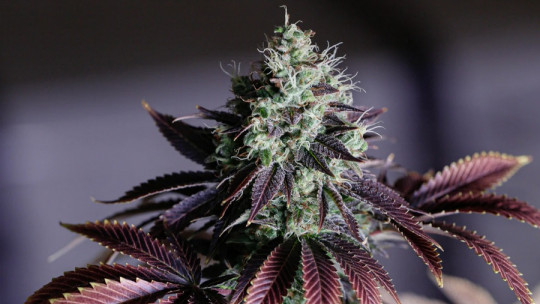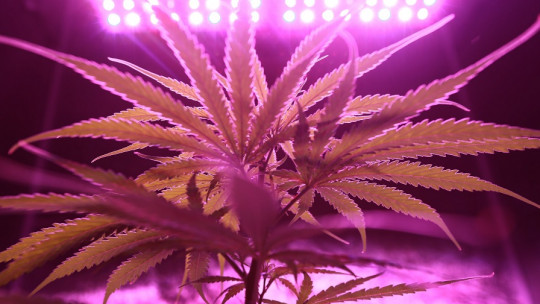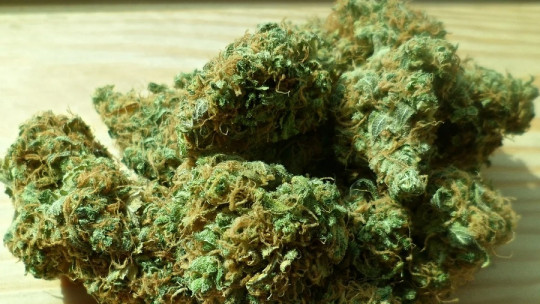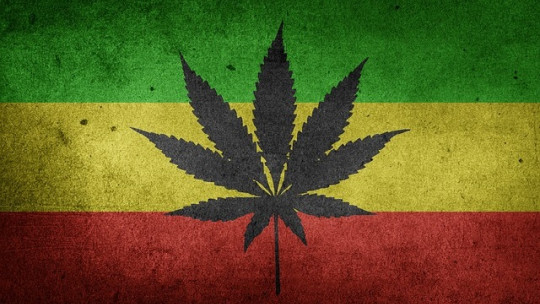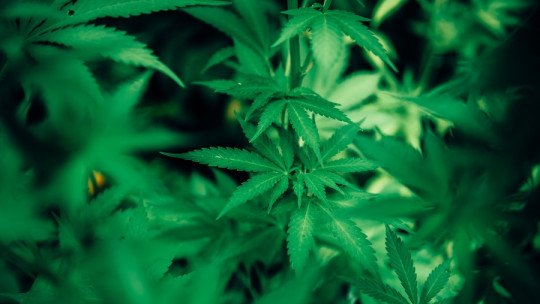
There are many myths surrounding cannabis: since it is the front door to the world of drugs to how beneficial it could be for health due to its analgesic, anti-inflammatory and anxiolytic effects. Thanks to the latest scientific research – but also to the massive dissemination of information through informal means – we currently have so much data at our disposal about this plant that we do not know what is true about it and what is not.
Both ideas about cannabis, colloquially called marijuana, are based on partial truths. Let’s look at some examples. On the one hand, while it is true that CBD—a chemical found in the plant—has been shown to have anxiolytic effects, this has only been tested in populations with specific disorders, such as social anxiety disorder. On the other hand, the idea is widespread that marijuana consumption inevitably leads to the consumption of other “harder” substances, which is not entirely true. Of course, the point that we could rescue from this myth as partially true is the fact that, just as happens with other substances such as alcohol or tobacco, excessive cannabis consumption could lead to a substance use disorder.
It is possible that this erroneous belief is based on the fear that many people develop when seeing the serious difficulties in quitting consumption for those who suffer from a cannabis use disorder. This is a reasonable fear of not only parents regarding their children, but also people who use marijuana, whether occasionally or with some frequency.
This could lead many people to want to quit cannabis. Today, we know that THC intoxication – another chemical substance in cannabis – could affect a person’s long-term memory, generate cognitive impairment, negatively affect decision-making and human executive functions, among other effects. harmful to health. For this reason, we believe it is necessary to explain in this article the main challenges that people experience when making the decision to quit cannabis
Recreational or medicinal: the different uses of cannabis
First of all, it is important to note that we will develop the challenges faced by people who want to abandon cannabis use for recreational purposes, also called recreational use. The use of medicinal cannabis—an area in which many advances have been made in recent years, both on a research and legal level— It should only be taken as such if indicated by a doctor specialized in the subject The concentrations of cannabis chemicals consumed for medicinal purposes are different than those tended to be desired by people who smoke or ingest this plant for its psychoactive effects. Consistent with this, people undergoing cannabis treatment should not attempt to quit cannabis on their own, but rather this should be determined by their doctor.
The decision to “put a stop” on cannabis consumption
According to recent statistics, around 2.9% and 4.3% of the world’s population between 15 and 16 years old consume cannabis. Other surveys with more significant spatial cuts, such as the National Survey of people who use Cannabis recently carried out in Argentina, indicate that 82.4% of cannabis users surveyed use it for adults. However, only 3 in 100 reported perceived problematic cannabis use; that is to say, a use that would cause problems at the family, work, study, or legal level, or that would produce unwanted effects However, updated data from research conducted by Columbia University suggests that 30% of people who use marijuana may suffer from marijuana use disorder to some extent, a figure much higher than the people in the survey. Argentina self-perceived.
The numbers, methods and variables studied may differ from each other, but this does not eliminate the fact that there are people who suffer greatly from THC intoxication; As we said, one of the chemical substances that make up cannabis. The fact that consumption is problematic will depend on the chronicity of its effects and the impact on daily activities.
Some professionals indicate that smoking marijuana approximately more than four times a week could be a dependence factor in developing the disorder, but it is not an arbitrary number capable of determining whether a person has said pathology or not. However, it is not necessary to go to such a point for many people to want to “put a stop” to these behaviors when they perceive that they could negatively affect their daily lives. Based on this, below we point out the main challenges they face when making the decision to abandon marijuana.
The 5 challenges when stopping consuming cannabis
These are the most relevant challenges when trying to stop using cannabis.
1. Accept that consumption is or could be problematic
Many people fear being stigmatized or rejected for the habit they have developed. Leaving cannabis behind means assuming an active position on the part of the person, that is, accepting that their behavior could potentially become problematic if it is not already problematic and, therefore, taking action on the matter. Acceptance could take the form of concrete actions, for example, sharing it with a loved one or starting a psychotherapy process.
2. Leave old groups and spaces behind
Although it can be a complex task, one of the challenges of someone who quits cannabis is being able to simultaneously abandon social gatherings where smoking or ingesting cannabis is common. This will make it easier to stop using, at least initially, since the substance will be less available.
3. Build a support network
On the other hand, building a support network that emotionally supports the person who decides to quit cannabis also implies a challenge. We refer to a construction while it is necessary for the person to have enough openness to open up to others, tell about their own experience and know how to ask for help. It is very difficult to carry out the process of modifying habits as established as smoking cannabis This also has a basis at a neurobiological level, since obtaining pleasurable sensations after smoking causes the activation of the brain’s reward systems, which generates a tendency to want to repeat the behavior from which such gratification was obtained.
4. Understand that the process is not perfect
Leaving behind a habit that could be problematic is not an easy task. It is likely that in the process there will be impulses to return to consumption, to believing that “smoking wasn’t so bad after all” or that “using was fun, and leaving it behind isn’t anymore.” However, despite the ups and downs, the person must keep in mind the reason that led them to decide to abandon that habit. On many occasions the change will be unpleasant, but in the long term the benefits will be greater.
5. Know when it is time to turn to a professional
Finally, we believe it is appropriate to point out that quitting cannabis is not something purely motivational. In addition to the psychological, there are cultural and chemical factors at play around marijuana (even more so in the cases of people who have a cannabis use disorder, which we have left aside when detailing these items). For this reason, it is a challenge to determine when the situation has become too difficult to request the help of a team of mental health professionals. Knowing that one cannot do it alone is not a sign of weakness, but rather a sign of responsibility towards oneself.

